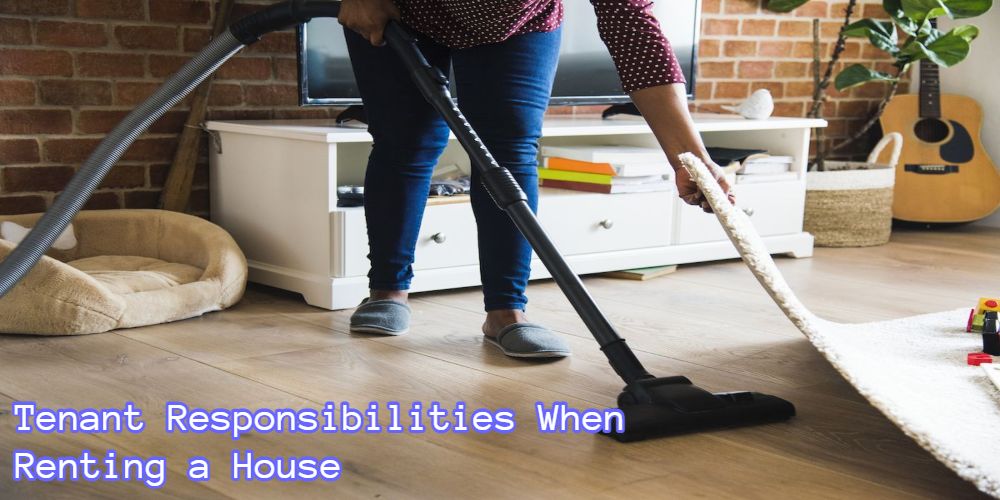Last Updated on December 9, 2021 by Kelvin Nielsen
Actually your landlord can!
When you sign a lease or a rental agreement, you become obligated to abide by all terms. It’s a legally binding contract, as well as an immensely practical document full of important details, such as who can occupy the property.
Landlords expect the tenant whose name is on the lease to be the only one living in the property. Of course, you may have a guest every now and then, but their stay should be limited to some extent.
Why do landlords put limits on occupancy?
Most lease agreements will have a guest policy or a clause on ‘occupancy limits’. Basically, they specify who has a right to reside on the property. That is, the tenants who’ve signed the lease plus their minor children.
What this does is guarantee your landlord the right to determine who lives in their rental property. So, this means that they may be able to evict you for moving in a friend or a relative, or subletting the unit without their approval.
How long can a guest stay at your apartment?
Normally, landlords don’t allow guests to stay more than 10-14 days within a six month period. So, if a guest stays at your apartment for 15 days or more, your landlord may have grounds to evict you.
That’s because in such a situation, the person may no longer be a guest but a tenant. And that’s the last thing your landlord wants. Landlords only want tenants they have screened to live in their rental premises.
And since your friend, relative or lover will not have undergone any screening process, your landlord will want nothing to do with them.
But if the lease doesn’t stipulate the number of days a guest can stay, then, really, no limit exists. This is especially true if the guest is a family member. The same may, however, not apply to a lover or a friend.
What is the difference between a guest and a tenant?
Knowing this can help you avoid problems with your landlord.
Basically, a tenant is the person whose been named on the lease as the person occupying the unit. A tenant is obligated to uphold the responsibilities of the lease, such as paying rent, caring for the property, and complying with all laid-down policies.
But that isn’t the only definition for a tenant. A tenant doesn’t always have to be named on the lease to become one. If they stay on the property for long enough and pay rent, among other things, they may become a tenant.
The following are examples of the same kinds of people in different situations, where one may be considered a tenant.
- A live-in help.
- A parent who moves in because they can no longer care for themselves.
- A lover who spends most of the time in the unit, usually for weeks on end at a time.
A guest, on the other hand, is someone who visits every once in a while, and maybe sleeps over a few times. And unlike a tenant, they aren’t contractually obligated to abide by the terms of the lease or rental agreement.
A guest may be described by the following situations.
- A nanny who works only during daytime, and may occasionally stay over.
- A parent visiting their sick child for just a few weeks.
- A lover or a friend who only stays a few nights in a month or visits frequently during the day.
Besides length of stay, what are some signs that a guest has become a tenant?
Does your guest have a spare key? Are they now receiving mail at your residence? Are they helping with rent payments? Have they moved in their furniture? Are they spending each night at your residence?
If your guest does any of these things, then they are a guest-turned-tenant. And most likely, by allowing their stay, you’re in violation of the lease or rental agreement.
What can you do to avoid problems with your landlord over a long-term guest?
Violating the guest policy or occupancy limit can have dire consequences for you as a tenant. Your landlord could evict you for non-compliance, and that could dim your chances of ever getting an apartment to rent in the future.
If your guest’s home search is taking longer than expected, or your couch surfer is looking to regularize their stay, then consider having them added to your leased.
Now, this can be possible if your landlord agrees subletting of the unit. In such a case, all you’ll have to do is have your guest fill out the rental application form. Your landlord will then screen them to gauge their suitability to co-rent the unit with you.
In some cases, though, that may not be possible. Some landlords outrightly prohibit subletting. Therefore, you’d have no other option than to ask your guest to leave.
Having a guest is an exciting part of having your own space. However, you may put yourself as well as your landlord in a strange position if your guest stays past their initial welcome. If the lease allows subletting, then request your landlord to add them in the lease. But without such a clause, your only remedy would be to ask them to leave. Otherwise, you risk getting evicted from your rental property!

Hi, I’m Kelvin Nielsen, an experienced landlord and accomplished real estate lawyer. My focus is on answering your questions about renting in the hopes of making your life as a renter or a landlord a bit easier.







